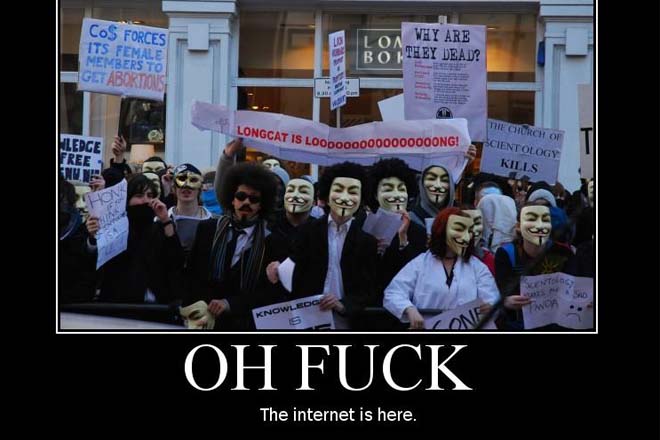Another crowdsourced government bites the dust
'Crowdsourcing' has become a trendy word for politicians seeking online presence. Too bad it does not seem to work as intended.
How many times have you heard “Have Your Voice” – during an election campaign? It’s pretty standard, only this time – Anno domini 2010 – the ‘man’ informed us on how exactly we’d have our voice. The new forum, the Athenian democractic assembly of the 21st century is, ladies and gentlemen, the Internet.
Amen.

In the UK, the crowdsourcing experiment was meant to take place on this website: Programme for Government.
The British coalition government (also known as ConDem, for those of you that are misinformed, its Conservatives + LibDem) were elected on a mandate to introduce ‘a new era in politics‘, which was to begin by austerity measures and cuts aimed at reducing the astronomical public debt.
The coalition pledged to ‘crowdsource’ their policies via the named website so that citizens (more like netizens) could have an impact on the issues that affected them, especially the cuts which were (and still are) to affect the welfare system, and which laws should be abolished. The website covers issue from A to Z, from banking and civil liberties to transport and Universities.
This measure could have provided the answer to the 21st century post-ideological world. It could’ve empowered the people to precisely have a say, a greater say, in their government’s doings.
What instead happened is what many had predicted: the status quo prevailed. Though 9500 comments were posted on the Programme for Government website, none of them were deigned with an answer. All of them have been binned an ignored.
This is not the first episode of its kind. The US government has been experimenting with crowdsourced urban planning for a while. This experiment being less ambitious and bold than the one proposed by the UK government, it is still ongoing.
Websites like mySociety have introduced similar participation-enhancing tools, but they are independent.
Information-sharing technologies allow for a new institution that can break the barrier between the individual and the government. This vision can be taken even further, by publishing government data and promoting transparency, openness and collaboration.
Let’s at least hope this first #FAIL will be followed by a few more #WIN.
__
For more information, we recommend you read Simone Novek’s “Wiki Government”.
Flickr CC Photo Credits : Djeucalyptus, Seanbonner.

Laisser un commentaire